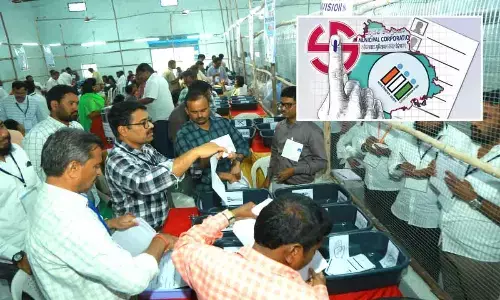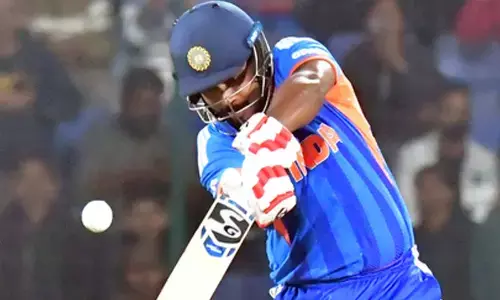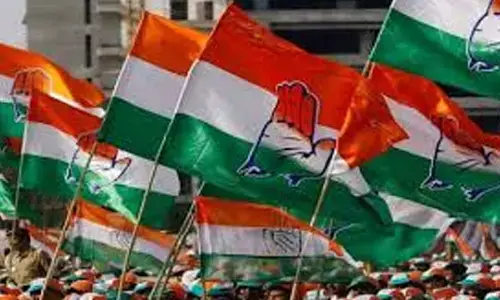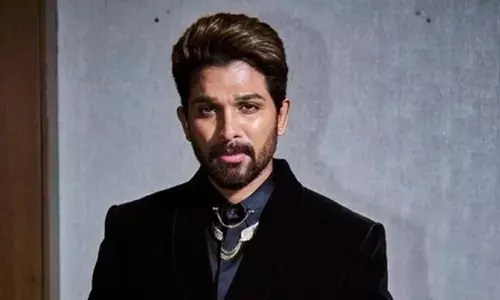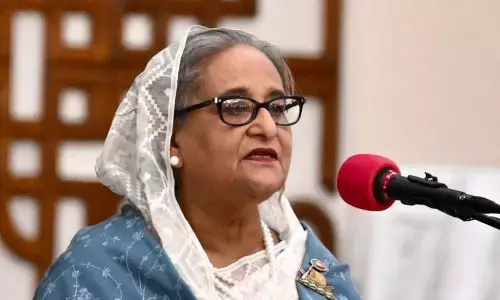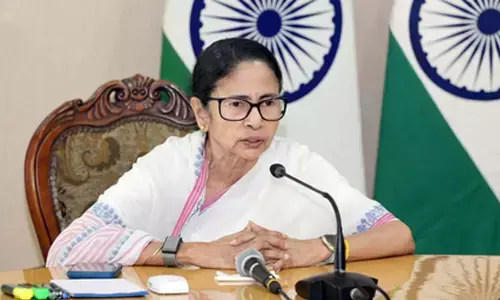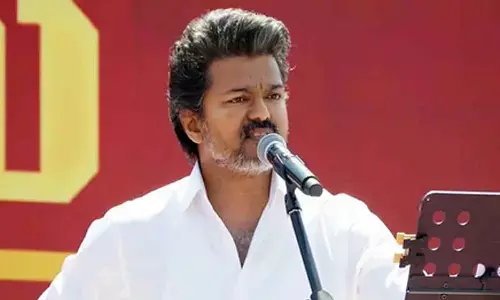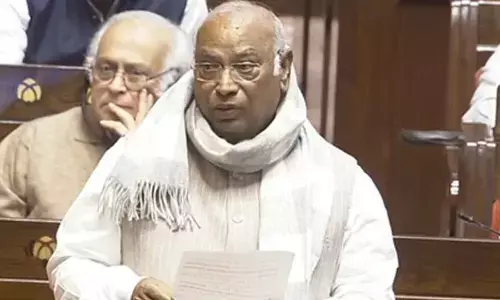The eternal appeal of Ghantasala

While the makers of mythological movies clothed the Hindu deities with a human form, Ghantasala gave them adivine voice While the lyricists scripted lyrics to suit the tune, Ghantasala invested them with chastity of emotion, dignity of feeling and absolutely scintillating clarity of expression
While the makers of mythological movies clothed the Hindu deities with a human form, Ghantasala gave them a’’divine’’ voice. While the lyricists scripted lyrics to suit the tune, Ghantasala invested them with chastity of emotion, dignity of feeling and absolutely scintillating clarity of expression. Born on December 4 at Chavatapalli in Krishna district in 1922 till his death on February 11 1974, Ghantasala strode the Telugu cine music world like a colossus for over three decades and elevated Telugu cine music to heights of national fame and acclaim unchallenged.
What distinguishes him from the rest of south Indian playback singers was his sovereign stentorian voice, full throated dignity, consummate mastery of classical music and most creditably his peerless empathy with the character in the movie and the situation in the movie. Rigorous study and assiduous practice of Raga, Bhava and Tala of Carnatic music under the guidance of his scholarly father Soorayya , uncle Ryali Pichhi Ramayya , beloved maestro Patrayani Sita Rama Sastry and the veteran Harikatha exponent Adibhatla, Ghantasala mastered the niceties and subtleties of the Sangeeta Sastra. No wonder, whether it be a classical raga or a folksong or a devotional keertan or even a popular Harikatha recital, he rendered it with matchless ease and melody.
At a time when cine music was eclipsing rendition of private songs, Ghantasala lent them popular appeal and dignified them in ample measure. For instance, eminent poet Karuna Sri’s ‘’ Pushpa Vilapam’’ with its thematic plea for pity and compassion for the flowers plucked by the heartless women for their glamorous demeanour has become more popular and famous in the world of Telugu literature.
Ghantasala’s crowning achievement was his rendering of the sacred Bhagavad Gita. With impeccable intonation and ingenious employment of a number of classical ragas, he unlocked the philosophical content in the Gita in chaste Telugu and made it thoroughly enjoyable and intelligible to even the layman in the nook and cranny of Andhra Pradesh.
Ghantasala’s rendering of tragic or sprightly romantic songs is perennially memory-haunting not simply due to their lyrical grace and content but because he could totally empathise with the situational context in the movie. Whether it is Devdas philosophising on human life and quirks of fate or a boatman grieving over the tragic turns in the life of his beloved or a lover who suffers at the sight of demolition of his dream world , Ghantasala heightened the mood of sadness and tragedy in his appealing voice. He jolted the audiences out of their fascination for the veteran singers and stage artistes of yore such as Vemuri Gaggayya, Banda Kanaka Lingeswara Rao, Addanki Sri Rama Murty and Abburi VaraPrasada Rao by blazing a new trail in the art of rendering Pauranic poems.
The Telugu mythological movies would not have attained national fame but for the superb stentorian voice of Ghantasala. At the same time, it must be admitted that a great thespian like N.T. Rama Rao would not have earned unparalleled fame in the roles of a Sri Rama or a Sri Krishna or a Ravana without Ghantasala lending his dignified voice to him. As the music director of such classics as Lavakusa , Ghantasala earned the encomiums of both the learned and the laity. The Gana Gandharva is not only still alive in our hearts every day, as what is heartening is that his songs are now the rage in the context of today’s dull and cacophonous playback music masquerading as modern music.
- SM Kompella


